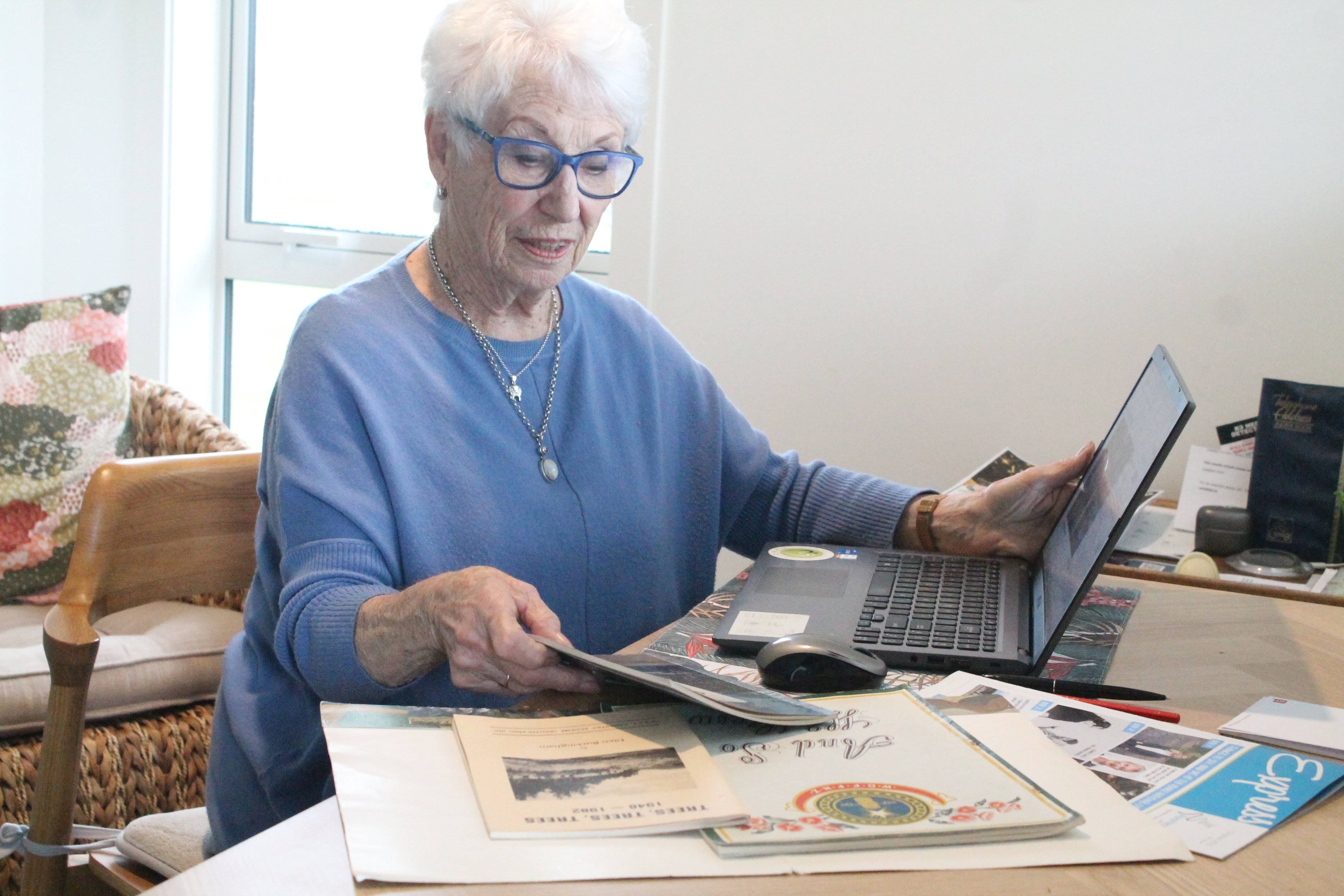
The Southland branch is celebrating its centenary on October 19 with a high tea in Invercargill.
Jeanette McIntyre, of Gore, was the president of RWNZ from 1991 to 1995.
She said the voluntary body had made significant charitable contributions since forming in 1925 as well as important "little things" along the way.
Across 100 years, rural women had raised money for medical research, funded war efforts and set up institutions to help rural women and their families.
"Those are just some of the things that we do, but a lot of it's done quietly in the background," she said.
RWNZ was formed when farmers’ wives accompanied their husbands to a 1925 Farmers’ Union, now Federated Farmers, conference in Wellington.
Conversations between the wives about rural challenges and limited access to services highlighted a need and the organisation was formed, Mrs McIntyre said.
Due to the meeting’s circumstances, it was originally called the Women's Division of the Farmers' Union.
RWNZ had raised more than $70,000 for cot death research and "a lot" for leptospirosis, a bacterial infection contracted from animals and common in farmers.
The Bush Nursing Scheme it started in 1927 was the "forerunner" for district nurses, Mrs McIntyre said.
Its rural housekeeping scheme was sold as a business, becoming Home Care and later Access Community Health.
It also invested in forestry near Winton in 1948 that continued to fund its charitable donations.
Of historical significance was the women’s support of the war effort — they raised £5000 in one month and bought a Spitfire plane.
When she became national president in 1991, Mrs McIntyre began planting seeds to move away from the Federated Farmers’ name.
People would come up to her at functions and ask if it was part of the Federated Farmers and she would have to explain it was its own organisation, she said.
She had some initial pushback, but the organisation ultimately changed its name in 1999.
"In our own right, as we always had been," she said.
The "little things", such as supporting Hospice NZ, Southern Cancer Society and the arts, were important to her.
Its membership of about 2000 was smaller than it once was, as "life was very different now".
She was keen to celebrate the past and also the future.
To mark the centennial, the Southland RWNZ had chosen Anderson Park in Invercargill, as the Anderson and McKenzie families were "tied up" in the original 1925 meeting.
The high tea would be accompanied by some beautiful old cars and a possible appearance by farmer’s wife cartoon character Edna.











